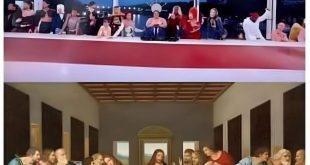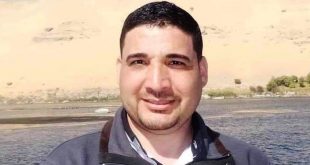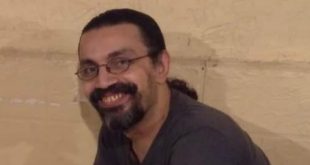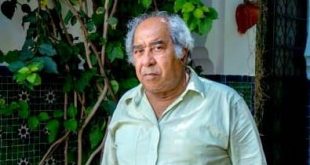By: Dr. Wadie Mansour
Freedom of thought and expression, and even free discussion, in Egypt is still suffering severely, and with time it is getting worse and worse, to the point that it has become almost incredible.
Usually, we would hear about the suffering of the Copts in Egypt, the discrimination against them, and the use of the law of the “contempt of religions”, against any Copt who discusses religious issues scientifically or ideologically with a Muslim person.
Copts and open-minded Muslims have often spoken out against this law, and many honorable judges have also stood against it.
The law of contempt of religions is a law that belongs to theocratic religious state and not to civil state, and it is similar to the blasphemy law in the Inquisition in the Middle Ages, or the blasphemy law that the Taliban government in Afghanistan uses against anyone who objects to their religious fascism.
The law of contempt of religions has mostly been used against Christians on charges of alleged contempt of the Islamic religion during religious dialogues with Islamic parties,
and while a blind eye is usually turned to Muslims’ attacks on Christian beliefs, which go so far as to charge Christian and Christianity with “blasphemy.” or “Kufr”.
Charges of contempt of religion are also used against secular Muslims
when they raise criticism or questions regarding the Islamic religion.
Rarely has case of conviction been recorded against Muslims on charges of contempt of the Christian religion.
It is a law for religious discrimination and suppressing intellectual freedom.
The penalty for (contempt of religion) is mostly imprisonment, and the matter has reached the point of imprisoning Christian children on charges of contempt of the Islamic religion.
(Egypt: Reverse Blasphemy Sentences Against Christian Children | Human Rights Watch (hrw.org))
But what happened recently in Egypt, specifically on Wednesday, January 3, 2024, is difficult to believe, as for the first time the Copts have seen a similar case, but this time the accusation was brought by the church, represented by the bishop of one of the major governorates, against one of the highly educated members of the church.
He is the young man Kyrollos Refaat Nashed, who holds a position as a university lecturer in the Faculty of Engineering.
He is the young man who presented many questions about religion, which are not considered among the basics of the Christian faith, and which the priests and bishop failed to answer logically, and they accused him of heresy, contrary to canon law.
This young man attacked them in a very violent manner.
You may agree or disagree with his style, but it cannot be classified as contempt of religions.
The Copts did not believe what they saw and what they heard for the first time in their history, and they expressed their dissatisfaction and refusal of the actions of the bishop,
and they began a campaign against the bishop on the social media pages, demanding that he drops the case against the young engineer, especially since he was arrested and detained in pretrial detention, two days before Christmas Eve.
The bishop’s reaction was not unexpected.

المهندس كيرلس رفعت ناشد 
المهندس كيرلس رفعت ناشد 
المهندس كيرلس رفعت ناشد
He rejected the pleas of the young man’s family and the pleas of his old widowed mother, so that he would have compassion on them and release her son before Christmas Eve.
The bishop stood praying and celebrating Christmas while the young man spent his night behind bars, and his family was sleeping on the street in a town, where they had no place or relatives.
They shared with Christ his miraclous birth, as there was no one who knew them to take them to his home.
They are strangers, just as Christ was a stranger.
How could a church that uses this defective law with its parishioners, demands that the state should not use it against the Christians?
We strongly demand the abolition of this fascist law and call for confronting thought with thought, not with imprisonment.
Dr. Wadie Mansour
 جريدة الأهرام الجديد الكندية
جريدة الأهرام الجديد الكندية





